19 Fall Travel Safety Tips for International Trips
Traveling internationally in the fall can be an exciting experience, but it’s essential to prioritize safety during your journey. With changes in weather and the increase in tourist activity, being prepared can make a significant difference in how smoothly your trip goes. Whether you’re exploring new cities or relaxing in nature, following key safety tips can protect you and ensure a stress-free vacation. From staying informed about local weather conditions to using safe transportation options, these tips will help you stay secure while traveling abroad. Additionally, simple practices like securing your accommodation and monitoring your belongings can prevent potential issues.
This post may contain affiliate links, which helps keep this content free. Please read our disclosure for more info.
Stay Informed About Local Weather Conditions
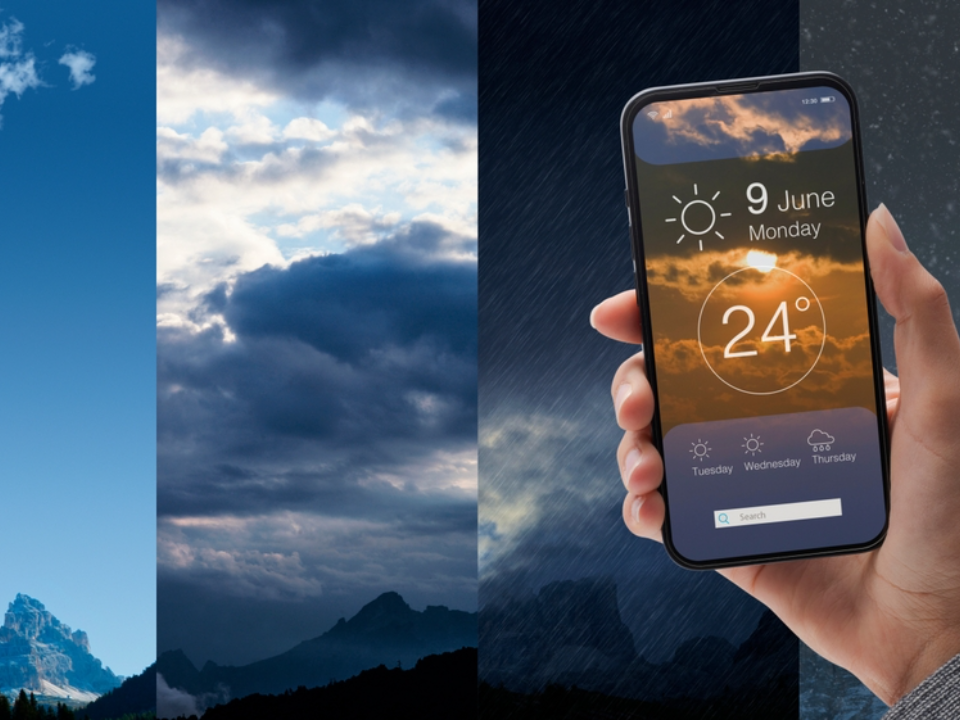
Before going on your international trip, it is essential to stay updated on the weather forecast of your destination. Fall weather can vary significantly depending on the region, with some areas experiencing sudden rainstorms or even early snowfalls. Knowing what to expect helps you plan your packing more effectively, ensuring you have the appropriate attire, such as layers, umbrellas, or waterproof gear.
Additionally, monitoring the weather allows you to adjust your activities accordingly. For instance, if there’s an approaching storm, it might be wise to stay indoors or reschedule outdoor excursions. Being prepared for any weather scenario can make your travel experience much more comfortable and stress-free.
Keep Copies of Important Documents
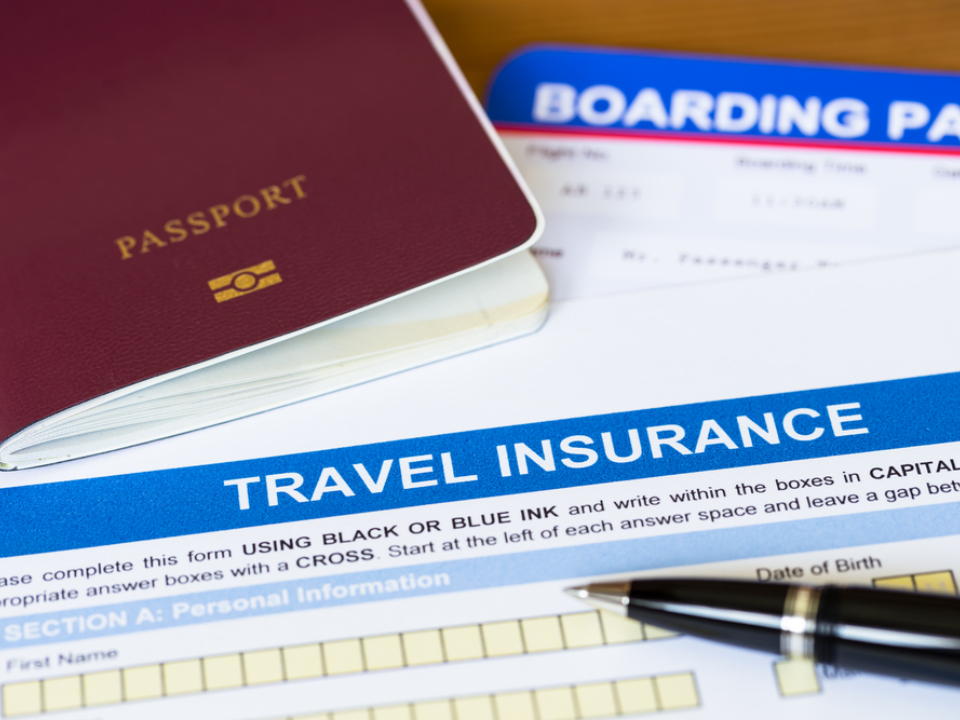
Always have photocopies of critical travel documents, such as your passport, visa, travel insurance, and emergency contacts. While your original documents may be safe in your hotel room, losing them during your travels can create significant problems. Having copies readily available in case of theft or misplacement ensures that you can still prove your identity or access essential services.
Store the copies in a separate location from the originals, ideally in a secure place like a locked suitcase or a travel pouch that is not easily accessible to others. Additionally, consider keeping a digital copy in a secure cloud service for quick access. With this preparation, you’ll be better equipped to handle any travel setbacks that involve your documents.
Check Travel Health Precautions
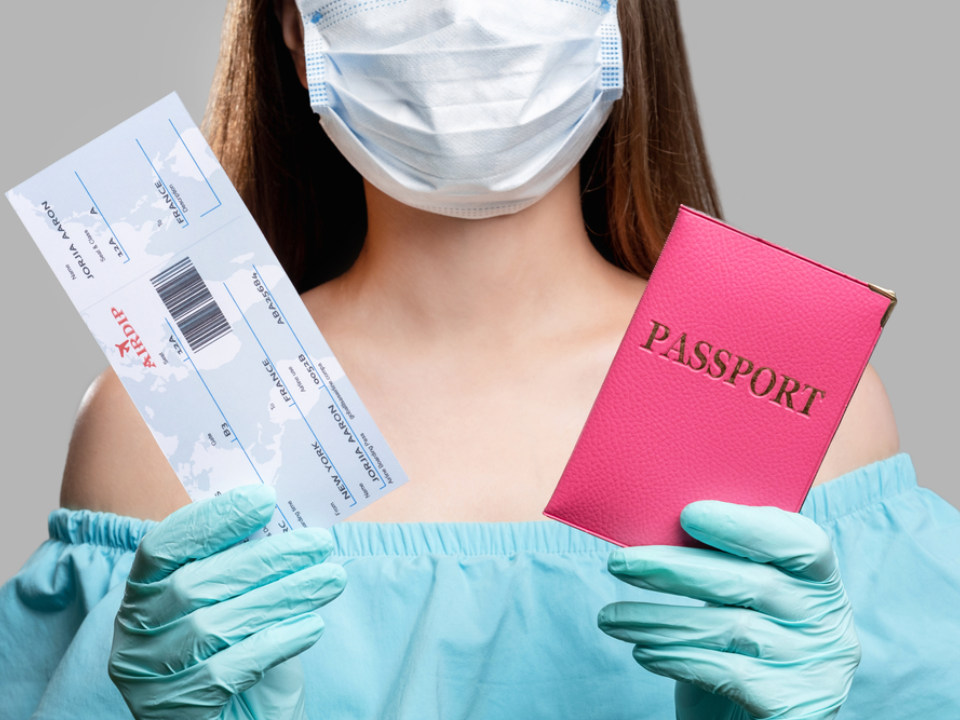
Before heading abroad, it is crucial to check with your healthcare provider about any recommended vaccinations or medications you may need. In some countries, fall is associated with flu season, and getting vaccinated beforehand can help prevent illness. You may also need vaccinations for diseases like yellow fever, malaria, or hepatitis, depending on your destination.
It’s also a good idea to bring along any necessary prescription medications, along with a doctor’s note if required. Research the healthcare system in your destination country so you know where to seek help if you need medical assistance while abroad. Having a health plan in place before your trip allows you to travel with confidence and focus on enjoying your vacation.
Use Safe and Reliable Transportation

When traveling internationally, always opt for reliable and safe modes of transportation. This includes using well-known and reputable taxi services or rideshare apps, such as Uber or Lyft, which can provide a safer and more reliable travel experience. Avoid unmarked or unofficial taxis, which may not be regulated and could pose risks in terms of both safety and cost.
During fall, some areas may experience increased tourism or traffic congestion, especially as people travel for holiday seasons or events. It is essential to leave plenty of time for travel to avoid rushing or making unsafe decisions when it comes to transportation. By choosing trustworthy options, you can ensure smoother and safer travel throughout your trip.
Monitor Your Belongings Closely
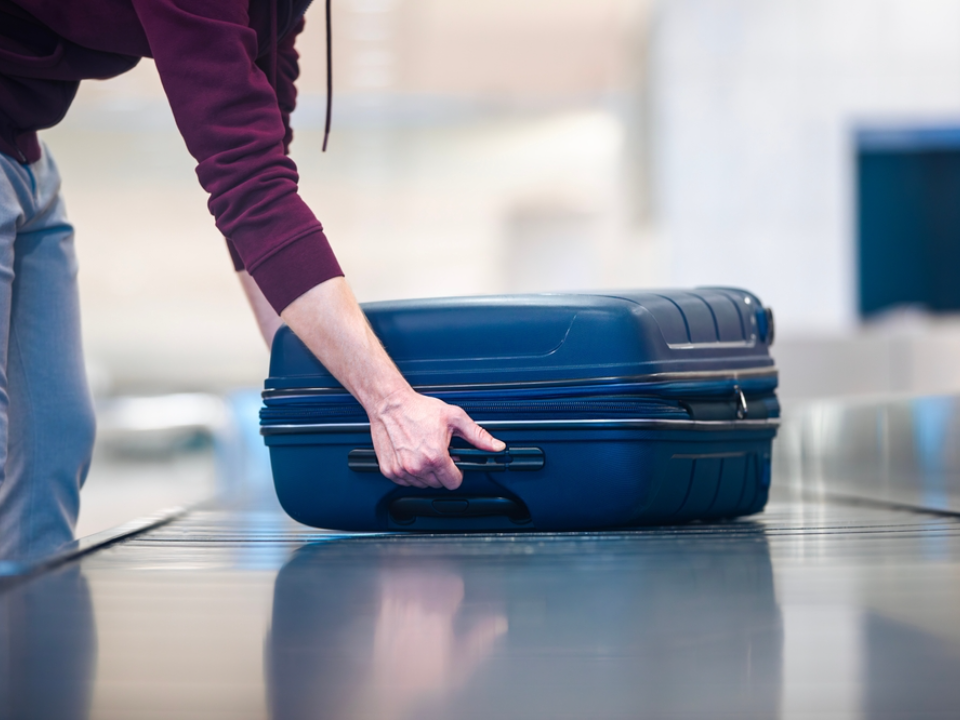
In crowded spaces like airports, markets, and tourist attractions, it’s important to remain vigilant about your personal belongings. Pickpockets and thieves often target distracted travelers, so make sure your valuables are kept in a secure and hidden location. A crossbody bag with zippers or a money belt can offer additional security for your cash and credit cards.
When in public, try to avoid displaying expensive items, such as high-end electronics or jewelry, which can attract unwanted attention. Being discreet with your belongings not only reduces the chances of theft but also ensures that you are not an obvious target for opportunistic criminals. This simple precaution can make a huge difference in how safe and secure you feel during your travels.
Stay in Well-Lit, Secure Areas
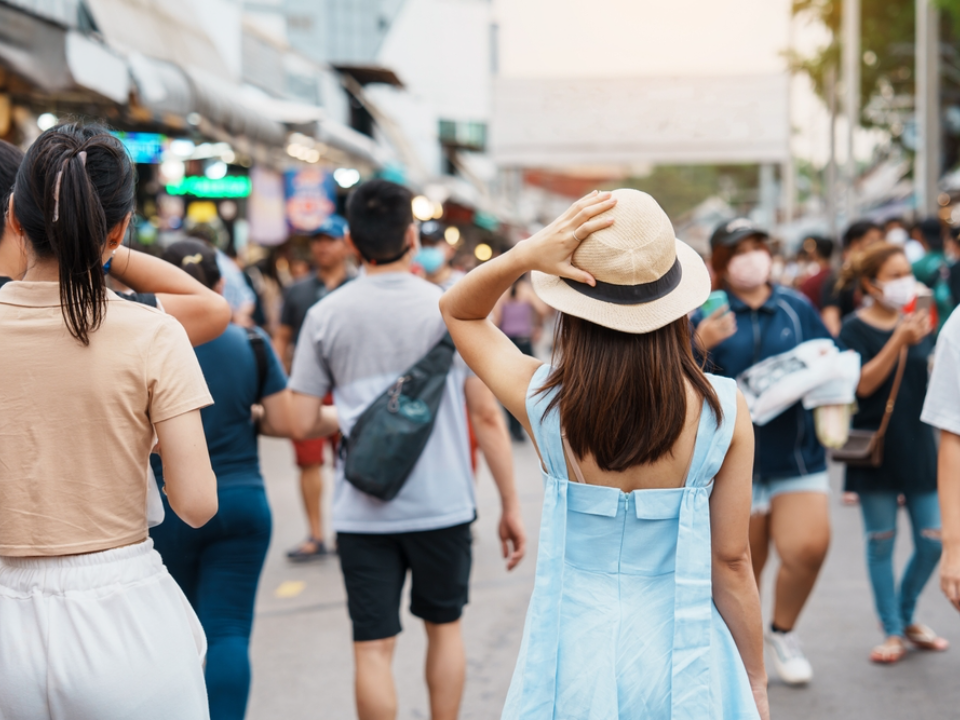
As the days shorten in the fall, it is vital to stay in well-lit areas, especially after sunset. Avoid walking through dark alleys or unfamiliar, poorly lit streets at night. Stick to well-populated, busy areas where there are other travelers or locals around, as this can make you feel safer and help deter potential threats.
If you find yourself in need of transportation at night, use rideshare services or public transportation rather than walking alone. Many destinations also offer night tours or guided walks, which can provide the added security of being with a group. Keeping safety in mind when navigating unfamiliar places at night will help reduce the risk of accidents or unpleasant encounters.
Know Emergency Contacts
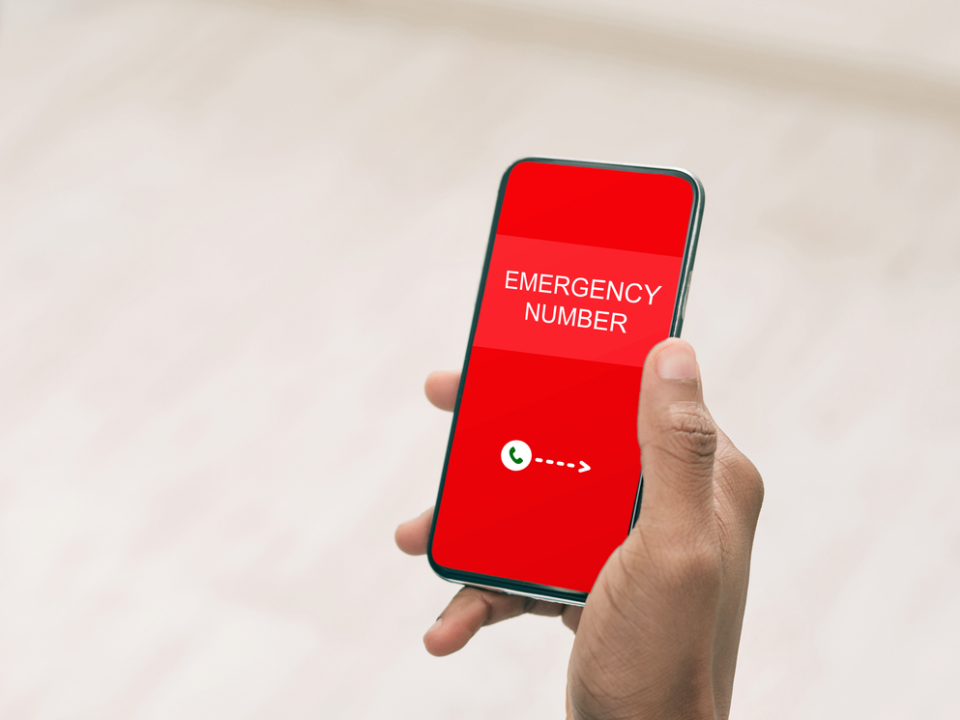
Before you travel, make sure to research and note down local emergency contact numbers for police, medical services, and your embassy. These numbers vary by country, and knowing them beforehand can help you act quickly in the event of an emergency. Keep a copy of these emergency numbers on your phone and also write them down in your travel journal.
It’s also a good idea to inform your family or close friends about your travel plans. Sharing your hotel details and itinerary with them can provide extra peace of mind. In case of an emergency, having someone back home who knows your whereabouts can speed up any necessary assistance or help you get in touch with the appropriate authorities.
Follow Local Health Guidelines
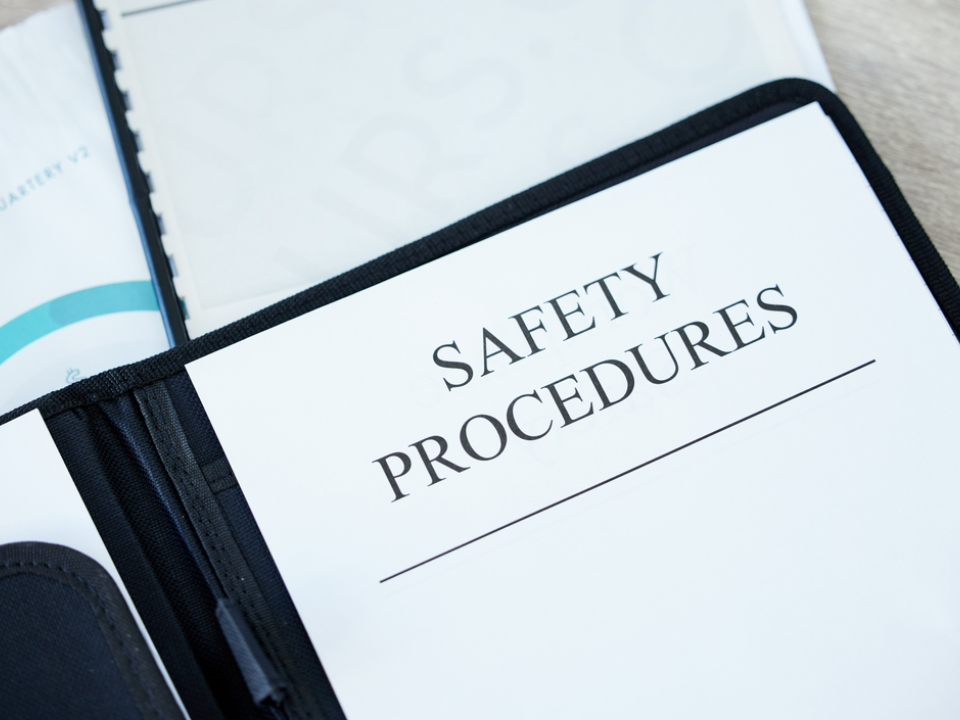
Each country has its own set of health guidelines and travel advisories. It’s especially important to check for any COVID-19 regulations, travel restrictions, or required vaccinations, as health protocols can vary depending on the region. Some countries may still have mask mandates, testing requirements, or quarantine policies, so staying informed can help you avoid unnecessary delays.
Being aware of local health guidelines not only keeps you safe but also shows respect for the local population. Following these regulations can ensure a smoother trip and contribute to public health efforts. Always carry a supply of masks, hand sanitizers, and any necessary medications as required by your destination.
Limit Exposure to Wildlife
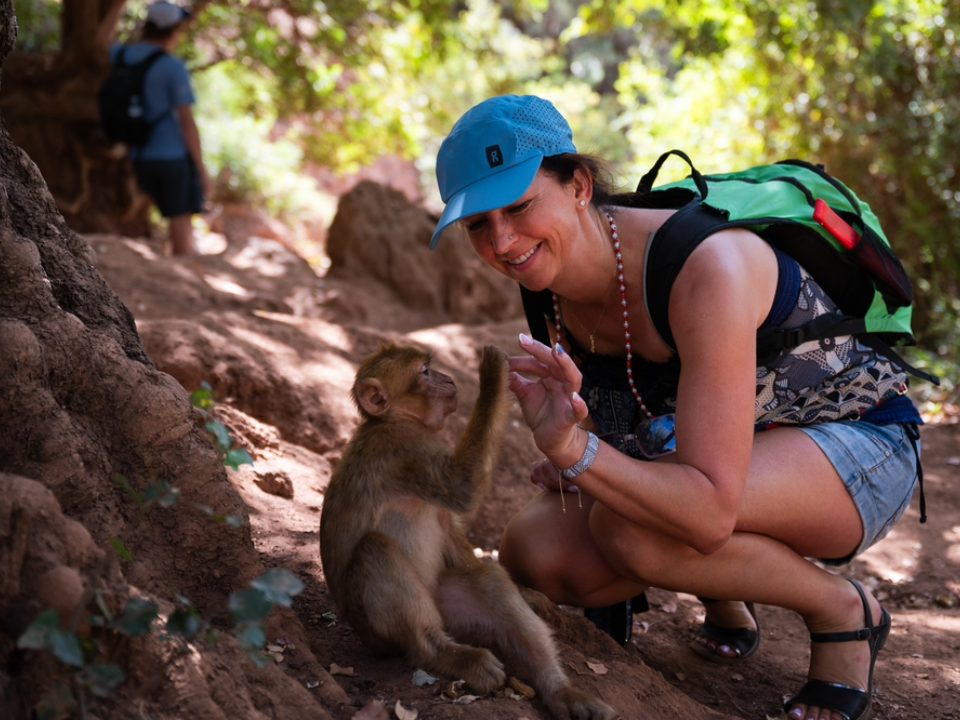
While fall is an excellent time to explore nature, it is important to be cautious around wildlife. Many regions are home to animals that may carry diseases, such as rabies or ticks that can cause Lyme disease. When hiking or exploring forests, always keep a safe distance from wild animals, and avoid feeding them.
In some locations, fall is also the time for animal migrations or hunting seasons, so be mindful of these activities when planning outdoor excursions. Always follow local guidelines and stay on marked trails to avoid disturbing wildlife or putting yourself at risk. A little caution goes a long way in making sure your outdoor adventures remain safe and enjoyable.
Stay Connected with Friends and Family

Make it a habit to check in with family or friends back home regularly during your trip. Share your itinerary, hotel details, and travel plans, so they can keep track of your whereabouts. Many people use messaging apps or social media to update loved ones on their travels, providing an added layer of safety.
This constant connection ensures someone is aware of your activities, which can be helpful if anything goes wrong. It’s also a good idea to check in if you change your travel plans or itinerary. Staying connected offers peace of mind for both you and those waiting to hear from you.
Secure Your Accommodation
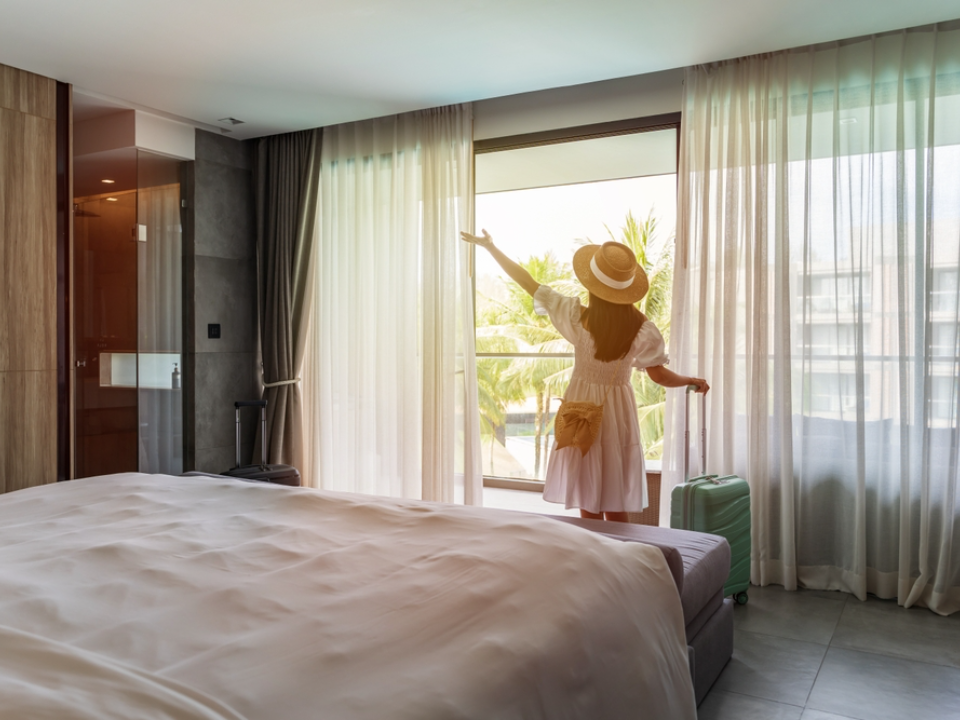
Ensure your accommodation is in a safe and well-reviewed area. When booking your stay, check online reviews and recommendations to make sure the location is secure and convenient for your planned activities. In fall, some tourist areas may experience higher volumes of travelers, so it’s wise to pick a place that is well-lit and within a safe neighborhood.
Additionally, when you arrive, check that your room has secure locks on doors and windows. If possible, use the hotel safe for valuables and keep your room key secure. By taking these simple steps, you can feel more at ease about your accommodation while enjoying your trip.
Be Cautious When Sharing Travel Details
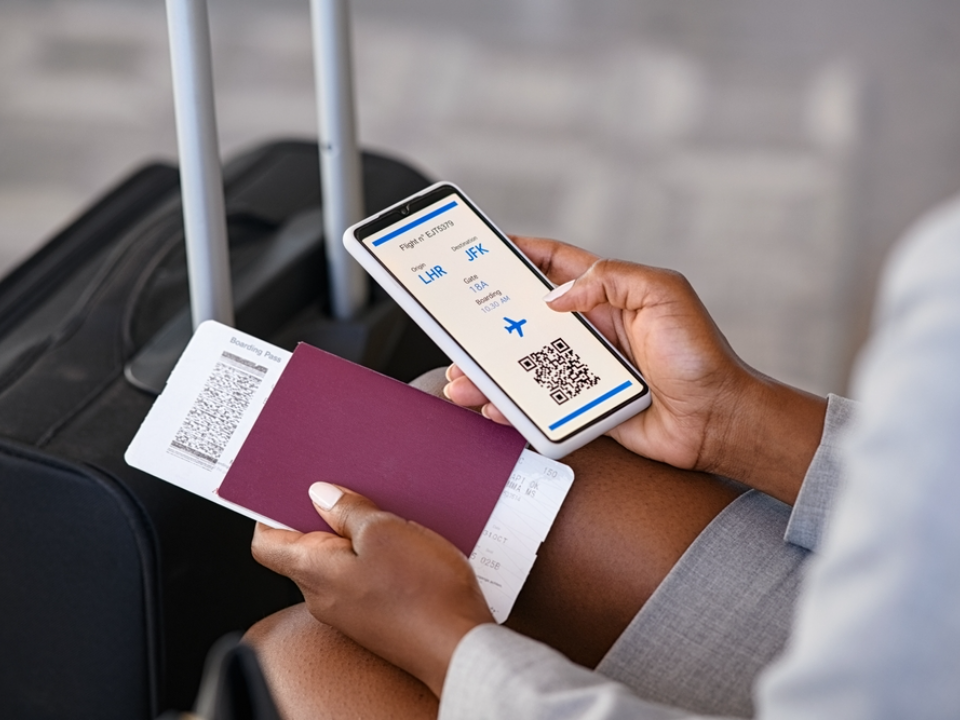
While it can be exciting to share your travel experiences on social media, it’s important to be mindful of what you post. Sharing details such as your current location or hotel can make you a target for theft, especially in tourist-heavy areas during the fall season. Wait until after you leave a destination to post updates, which helps protect your privacy.
Keep sensitive information, like travel schedules and flight details, to yourself when speaking with strangers. This prevents anyone from taking advantage of your plans or intentions. Practicing discretion online adds another layer of security to your travels.
Pack Light and Smart
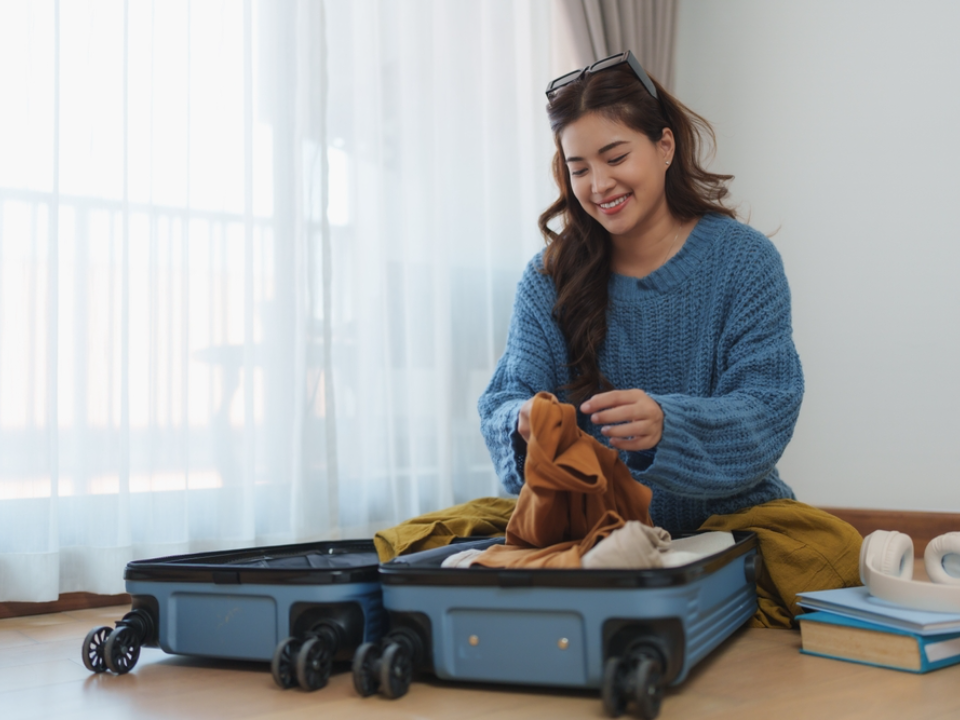
Overpacking can lead to cumbersome travel experiences and unnecessary risks. Pack only what you need for the duration of your trip and avoid carrying large amounts of cash or unnecessary valuables. A well-packed bag ensures you can move quickly and easily, reducing the chances of losing items or attracting attention.
Organize your items in a way that’s easy to access, such as using small pouches for essentials like credit cards, medications, or a portable charger. Consider using anti-theft bags or wallets to keep your valuables safe while exploring. Traveling light allows you to stay agile and focus on enjoying your experience.
Monitor Your Surroundings and Trust Your Instincts
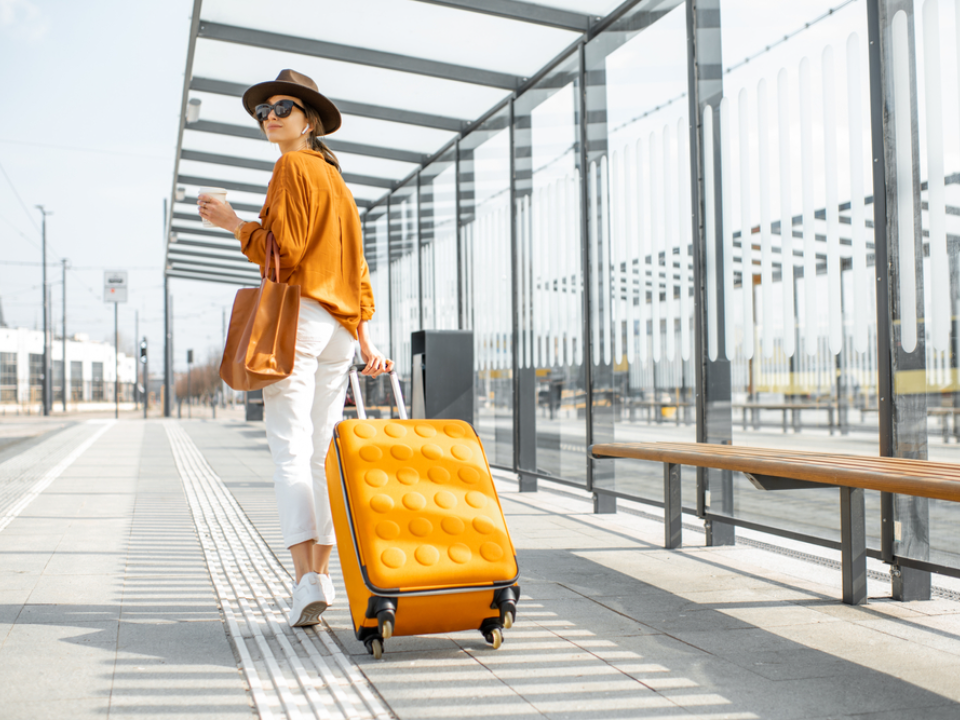
While traveling, always be aware of your surroundings. Stay alert when walking through busy areas or when you are approached by strangers. Fall travel often means crowded festivals or markets, which can provide an opportunity for thieves or scammers to take advantage of distracted travelers.
Trust your instincts if a situation doesn’t feel right, remove yourself from it. If you’re unsure about something, seek assistance from trusted locals or authorities. Staying aware and using your intuition can prevent unpleasant encounters and keep you safe.
Avoid Flashing Expensive Gear

It’s tempting to bring all your favorite gadgets on vacation, but it’s best to leave expensive items, like high-end cameras or jewelry, out of sight. Displaying valuables in public can attract unwanted attention, especially in busy tourist spots. Instead, consider using a more discreet camera or storing your expensive equipment in a secure place while exploring.
If you must carry valuable items, opt for hidden or anti-theft bags that make it harder for thieves to access your belongings. By not drawing attention to expensive gear, you significantly reduce the chances of being targeted by criminals.
Stay Hydrated and Avoid Overindulgence
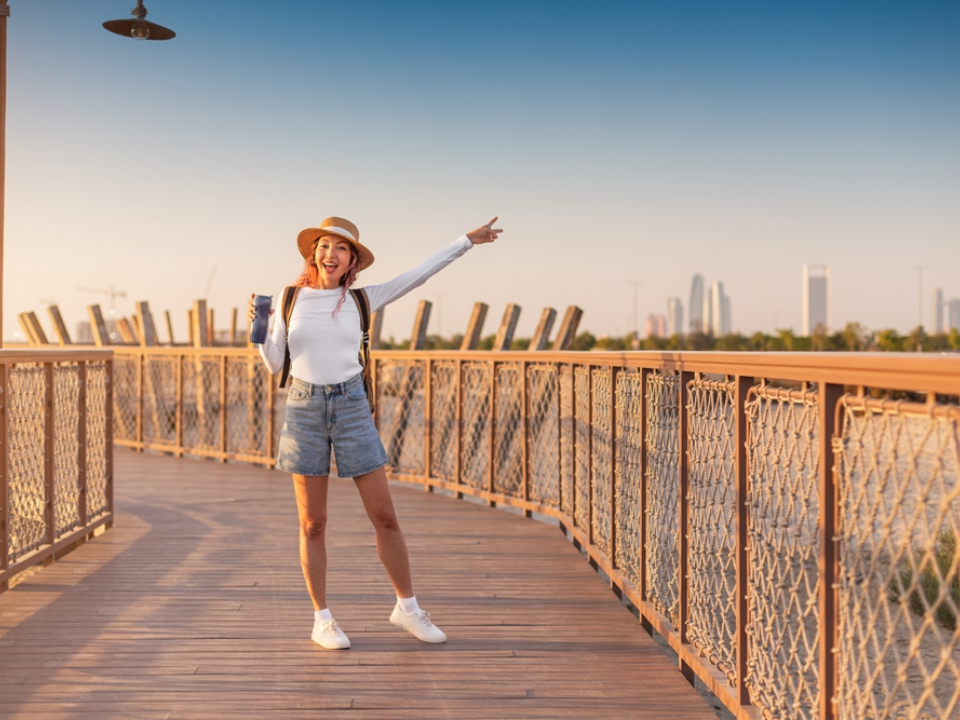
Traveling can sometimes throw off your normal routine, and in the fall, some regions may experience warmer or cooler weather than you’re accustomed to. Staying hydrated is essential to avoid dehydration, which can lead to fatigue or illness. Carry a reusable water bottle and drink water regularly, especially when exploring outdoors.
Additionally, fall is a time for rich seasonal food and drinks, but it’s important to consume alcohol or heavy meals in moderation. Overindulgence can impair judgment or leave you feeling sluggish, reducing your ability to respond quickly in an emergency situation. Balanced hydration and nutrition help maintain your energy levels and focus during your travels.
Use Travel Insurance for Extra Protection
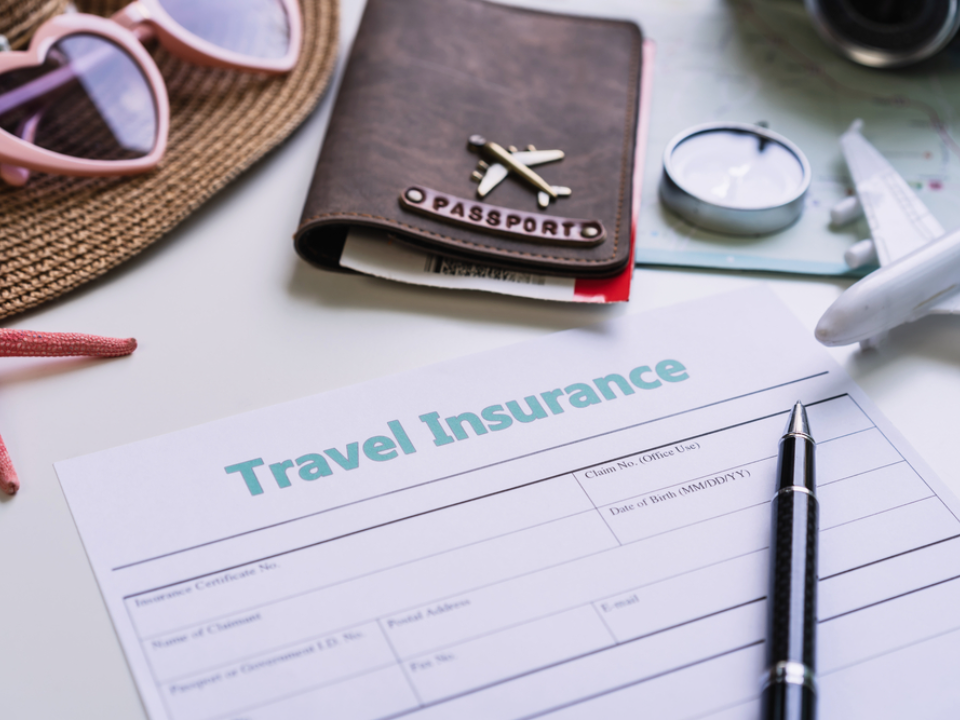
Before you head out, consider purchasing travel insurance to cover potential emergencies. Travel insurance often includes coverage for trip cancellations, lost luggage, and medical emergencies, providing peace of mind during your trip. In some countries, healthcare can be expensive for tourists, so having insurance ensures you are financially protected if something unexpected happens.
Check the details of your policy to ensure it covers any specific needs, such as adventure activities or cancellations due to weather conditions. In the event of an emergency, knowing you have insurance can help alleviate some of the stress during difficult situations. Travel insurance is a small investment that can offer big returns when it comes to your safety and well-being.
Respect Local Customs and Traditions

When traveling abroad, make an effort to learn about the local customs and traditions of the country you are visiting. Respecting local cultures not only enhances your travel experience but also ensures you avoid offending anyone unintentionally. In some places, specific behaviors or attire might be expected, especially when visiting religious sites or cultural landmarks.
Doing a little research on customs, such as greetings, dress codes, and table manners, can help you blend in and show respect to the local population. By embracing the local culture, you build a positive connection with the people and enjoy a richer, more respectful experience.
Prepare for Currency Exchange and Payment Methods
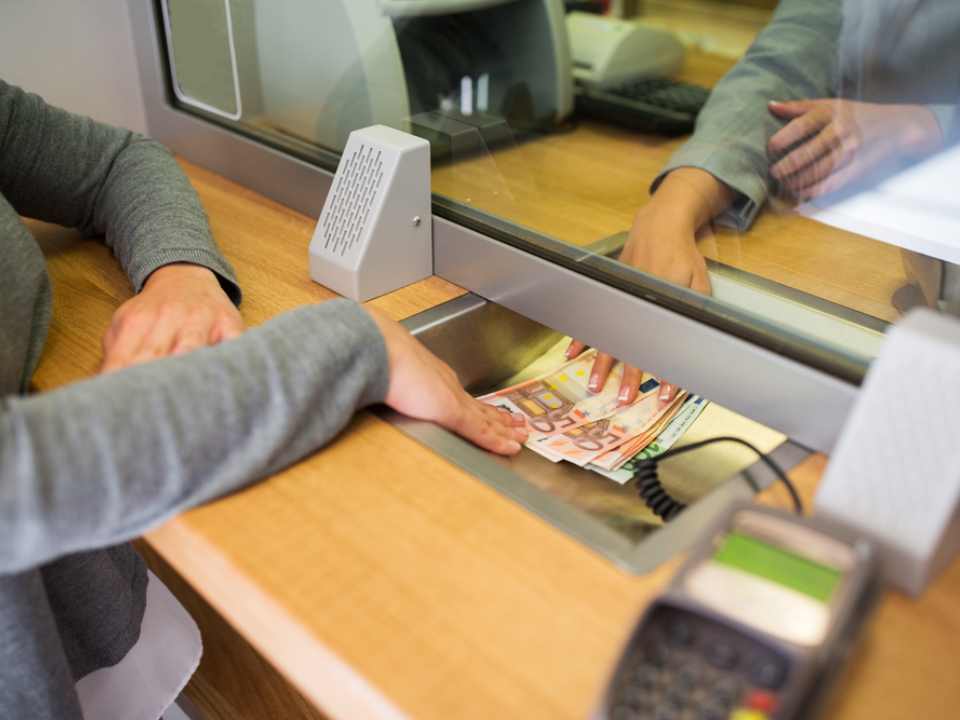
Handling money can be a significant concern while traveling internationally. Before your trip, research the local currency and consider exchanging a small amount before you depart. This ensures that you have cash on hand for tips, transportation, or emergencies as soon as you arrive at your destination.
It’s also wise to bring a credit or debit card that offers low foreign transaction fees. Avoid relying solely on cash or one card, as having multiple payment options gives you flexibility. Being prepared financially can reduce the stress of managing money abroad and allow you to focus on enjoying your trip.
This article originally appeared on Avocadu.
